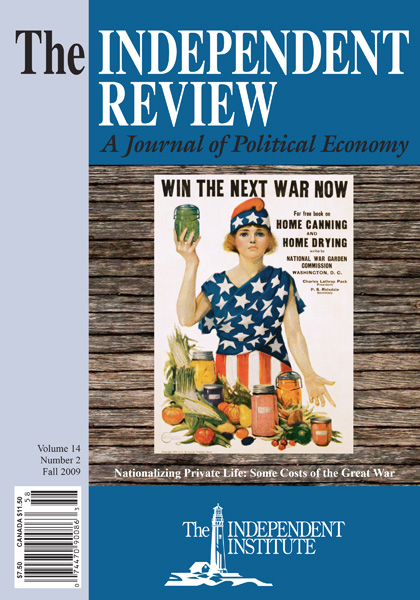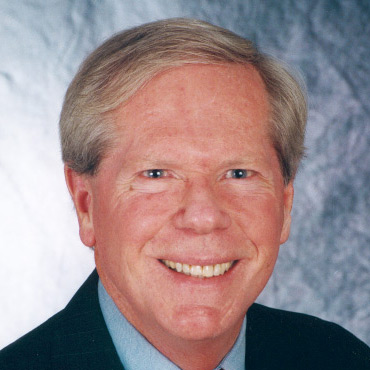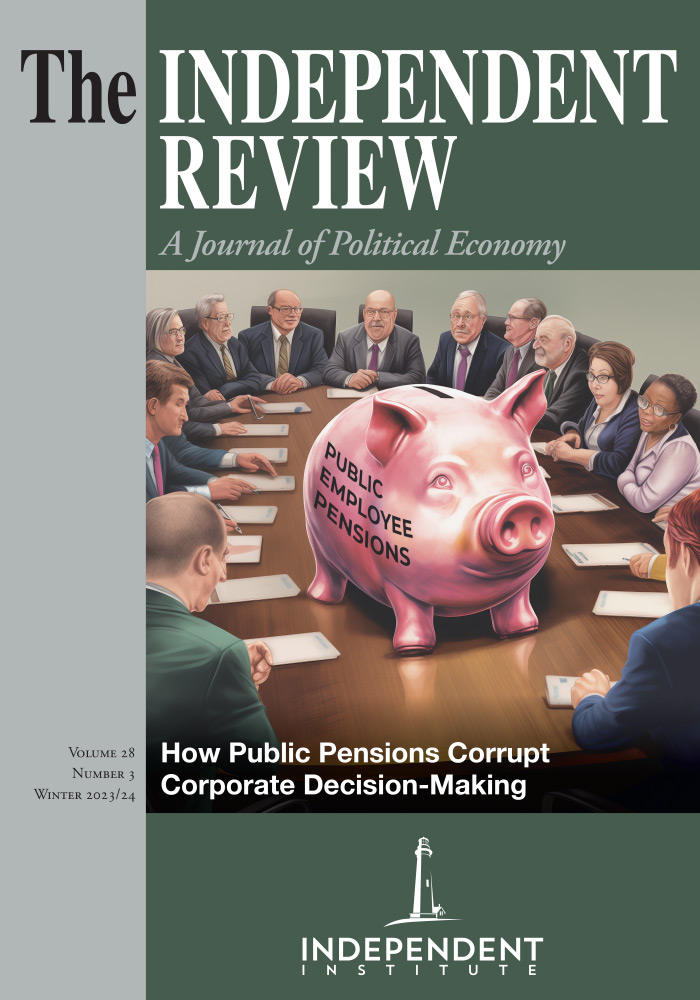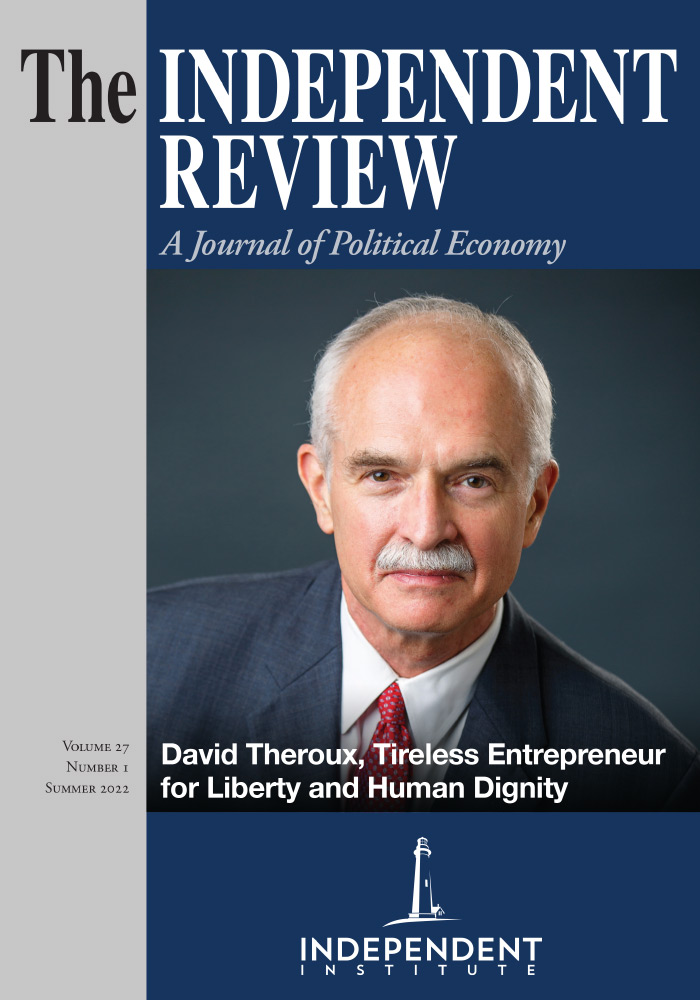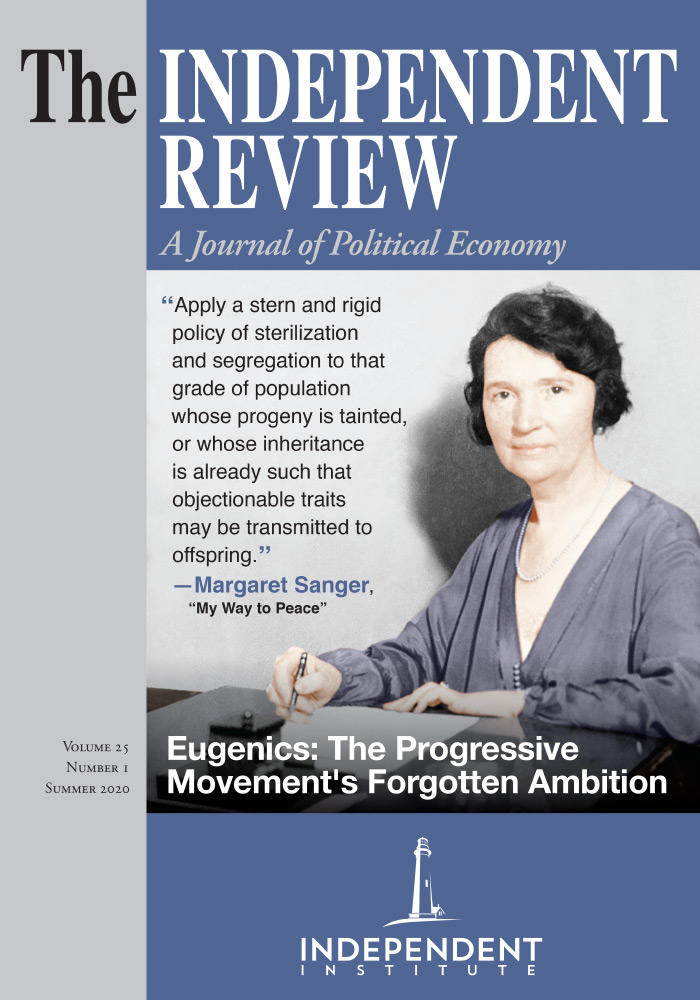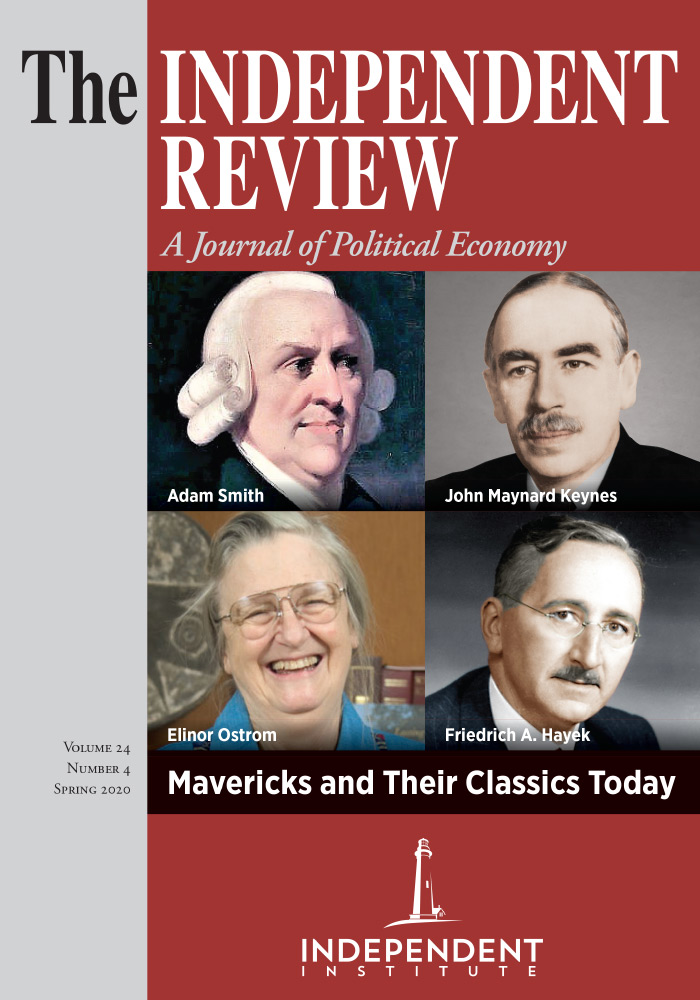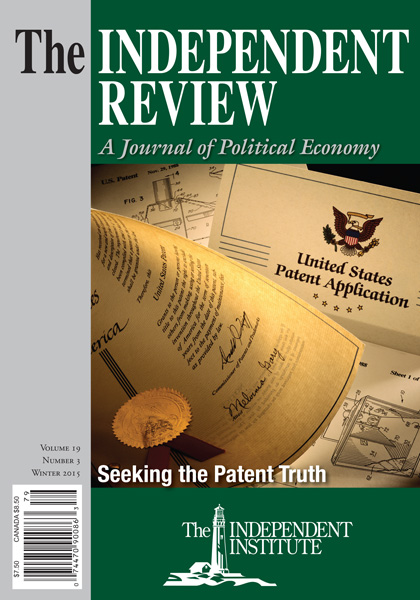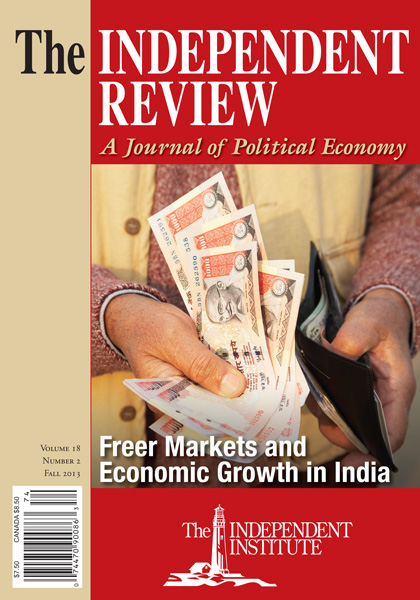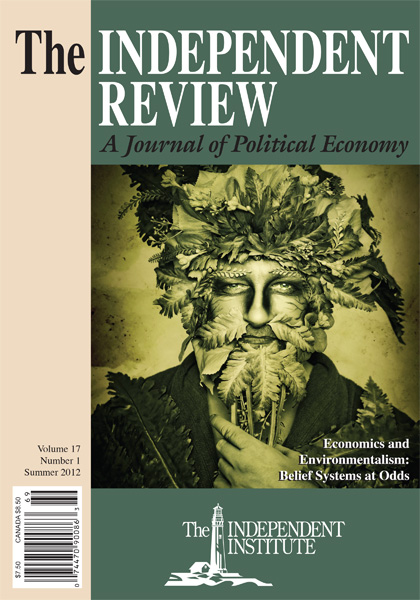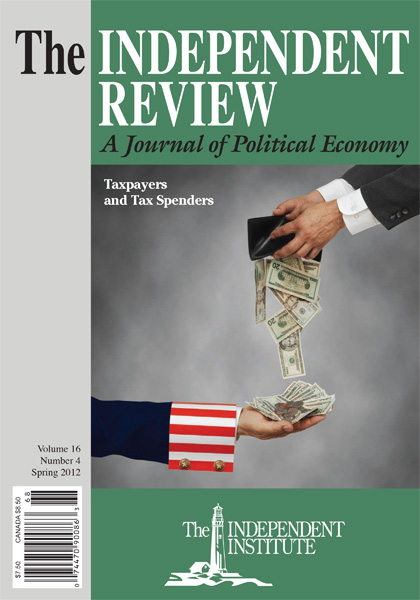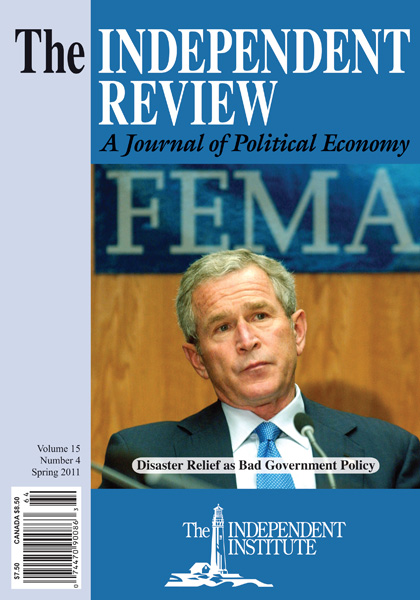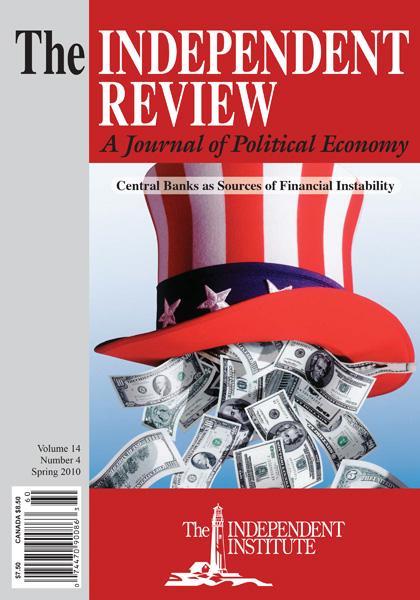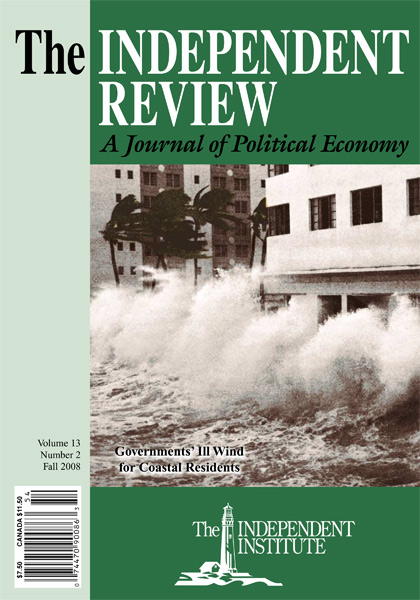Paul R. Gregory’s account of Lenin’s suppression of dissident voices (“The Ship of Philosophers,” The Independent Review 13, no. 4 [spring 2009]: 485–92) offers no explanation except that dictators fear dissent. Lenin, however, had an additional reason to brook no dissent. In 1917, he had startled the Marxist world when he seized power in Russia in the name of a socialist proletariat that did not exist. He justified his action by intending an immediate transition to socialist economic organization, thereby putting in place the material conditions necessary for the success of the Bolshevik Revolution.
The failure of the transition to socialism left Lenin with the dilemma of a socialist political superstructure resting on the untenable foundation of commodity production. According to Marx’s doctrine of historical materialism, people’s consciousness is determined by the mode of production of material life. The Marxian inconsistency of Lenin’s revolution with the underlying mode of production made Lenin feel very vulnerable. He reasoned that the political revolution could be maintained for an unspecified period by Communist Party control of the “commanding heights.” During this period, the party would have to prepare the necessary conditions for a transition to socialism.
Control of the commanding heights meant controlling explanations. Dissident intellectuals included Marxists who criticized Lenin for putting power above Marxist principle. (See the introduction to my book Alienation and the Soviet Economy, 2d ed. [Oakland, Calif.: The Independent Institute, 1999].) Once we take seriously Marxism’s programmatic implications, we can understand the necessity, in Lenin’s mind, of suppressing dissent.
Gregory suggests that Communist dictatorships collapsed in the Baltics and eastern Europe because of “the predominantly nonviolent defiance of people” (p. 492, quoting Gene Sharp). I would add that communism collapsed also because the Communist Party lost faith. As decades went by, the party was left exhausted by its conflict with refractory reality.
| Other Independent Review articles by Paul Craig Roberts | ||
| Winter 2020/21 | What Is Supply-Side Economics? Four Decades Later Wikipedia and Academic Economists Still Don’t Know | |
| Spring 2004 | My Time with Karl Marx | |
| Spring 2003 | The Causes of Wrongful Conviction | |
| [View All (7)] | ||

